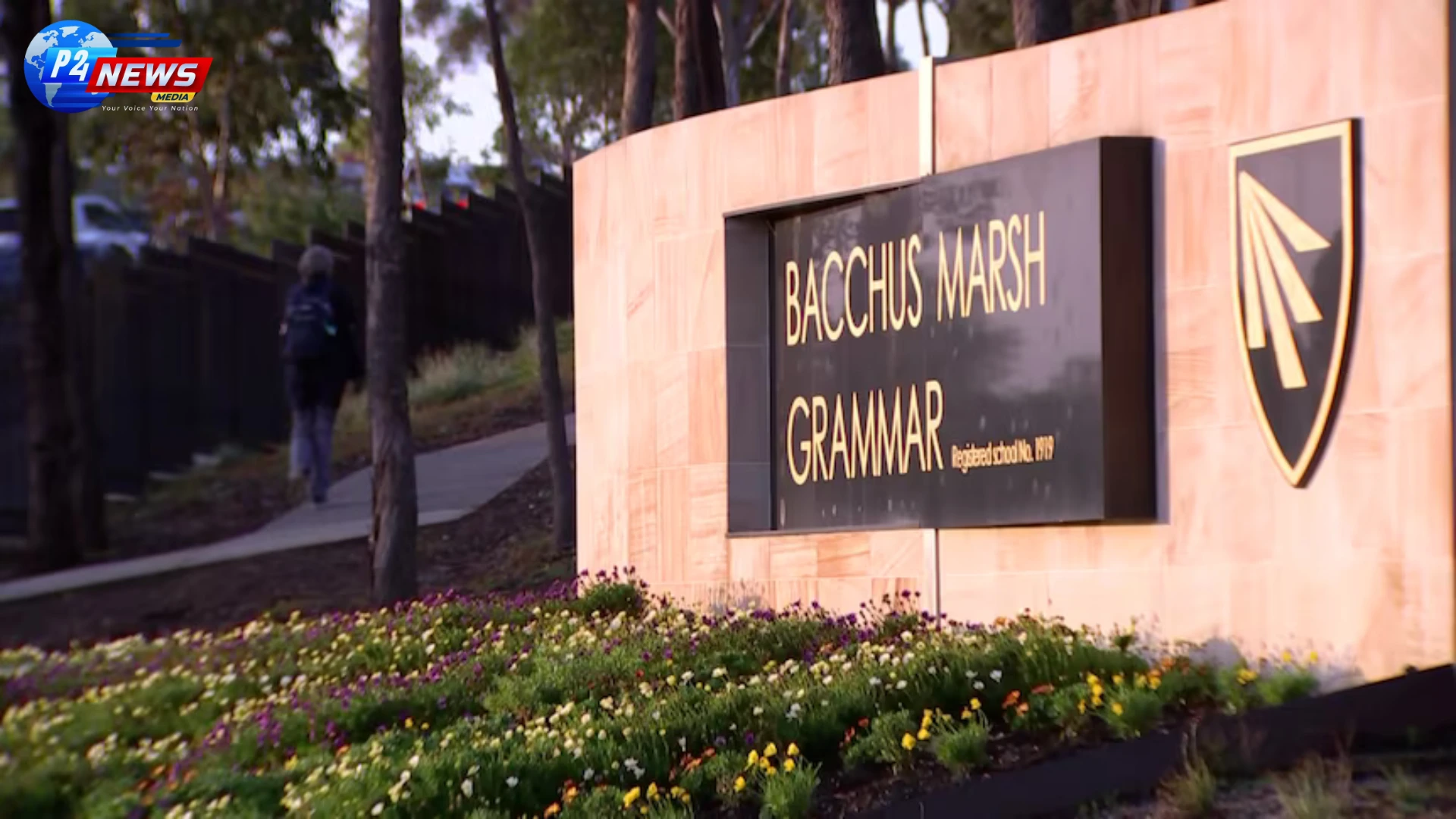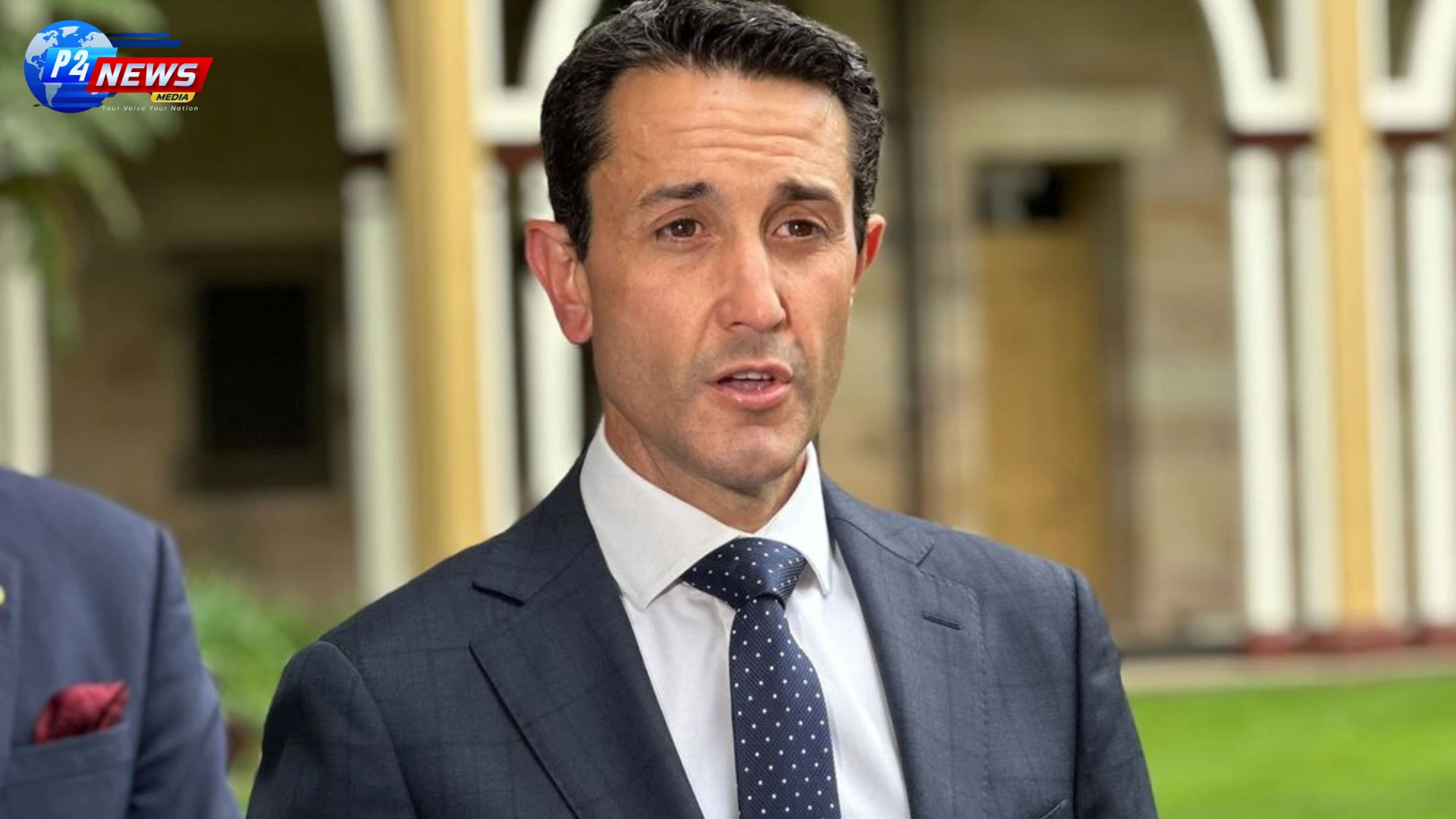In a poignant twist to a distressing incident, a mother of a Bacchus Marsh Grammar student caught in an AI-generated fake pornography scandal has expressed her opposition to the idea of banning social media for students. This issue raised significant concerns after about 50 female students learned that manipulated explicit images of themselves were shared online in June.
Bacchus Marsh Grammar Incident Highlights Urgent Need for Digital Safety Education
The recent incident involving students at Bacchus Marsh Grammar in Victoria has raised serious concerns about the role of artificial intelligence in today’s digital landscape. In June, around 50 girls were shocked to discover that fake, AI-generated explicit images of them were shared on social media. This unsettling event has prompted widespread discussions on digital privacy, consent, and the boundaries of technology’s impact on young people.
A Mother’s Perspective: Emphasizing Digital Literacy Over Social Media Bans
The mother of one affected student has voiced her opposition to calls for a social media ban for students. Instead of restricting access to online platforms, she advocates for proactive measures, such as digital literacy education and open discussions about safe online practices. She believes that equipping students with the skills to navigate social media responsibly is crucial, a stance that has sparked debate among parents and educators.
The Complexities of Youth Access to Social Media
This incident underscores the complex relationship between young people and social media. While digital platforms enable students to connect, share, and express themselves, they also introduce risks that require careful management. With technology increasingly interwoven into youth culture, the challenge is to teach responsible online behavior and raise awareness about the risks of sharing manipulated content.
Schools and Parents: A Collaborative Approach to Digital Safety
The Bacchus Marsh Grammar case highlights the urgent need for comprehensive digital safety education within school curricula. Schools and parents must work together to foster an environment where awareness, prevention, and responsible online behavior are prioritized. Initiatives to address online safety must strike a balance—protecting students while equipping them with essential skills for navigating the digital world.
Shaping Policies for Responsible Technology Use
The AI revolution has brought immense benefits but also challenges that require thoughtful responses. Rather than imposing restrictions that may limit educational opportunities and personal expression, a joint effort from parents, educators, and technologists could help shape policies that emphasize student well-being while promoting safe digital engagement.
In conclusion, the Bacchus Marsh Grammar incident is a critical reminder of the need to address the intersection of technology and youth culture thoughtfully. By fostering a culture of awareness, compassion, and support, schools can help young people navigate the online world’s complexities safely.
















Comments 0